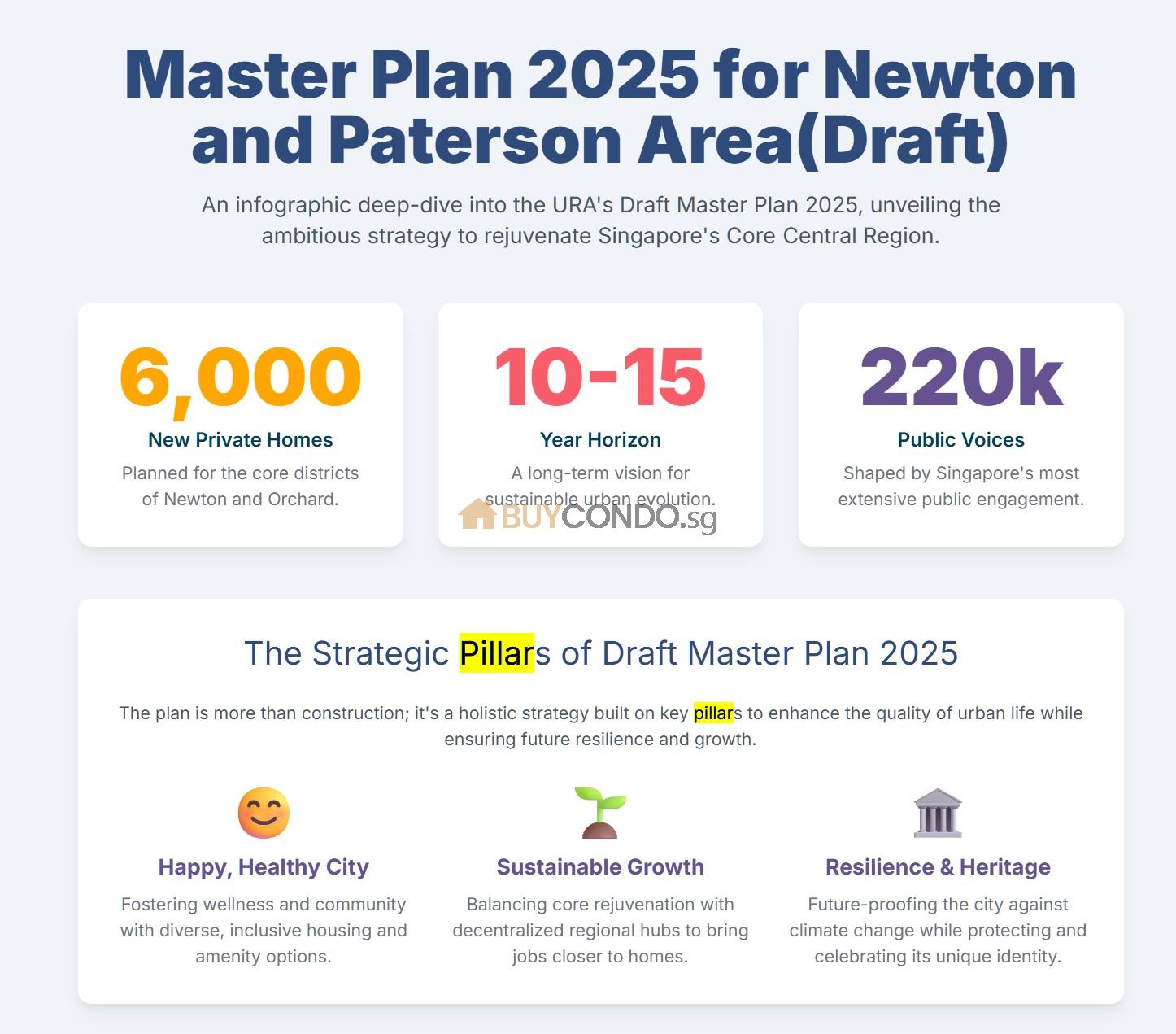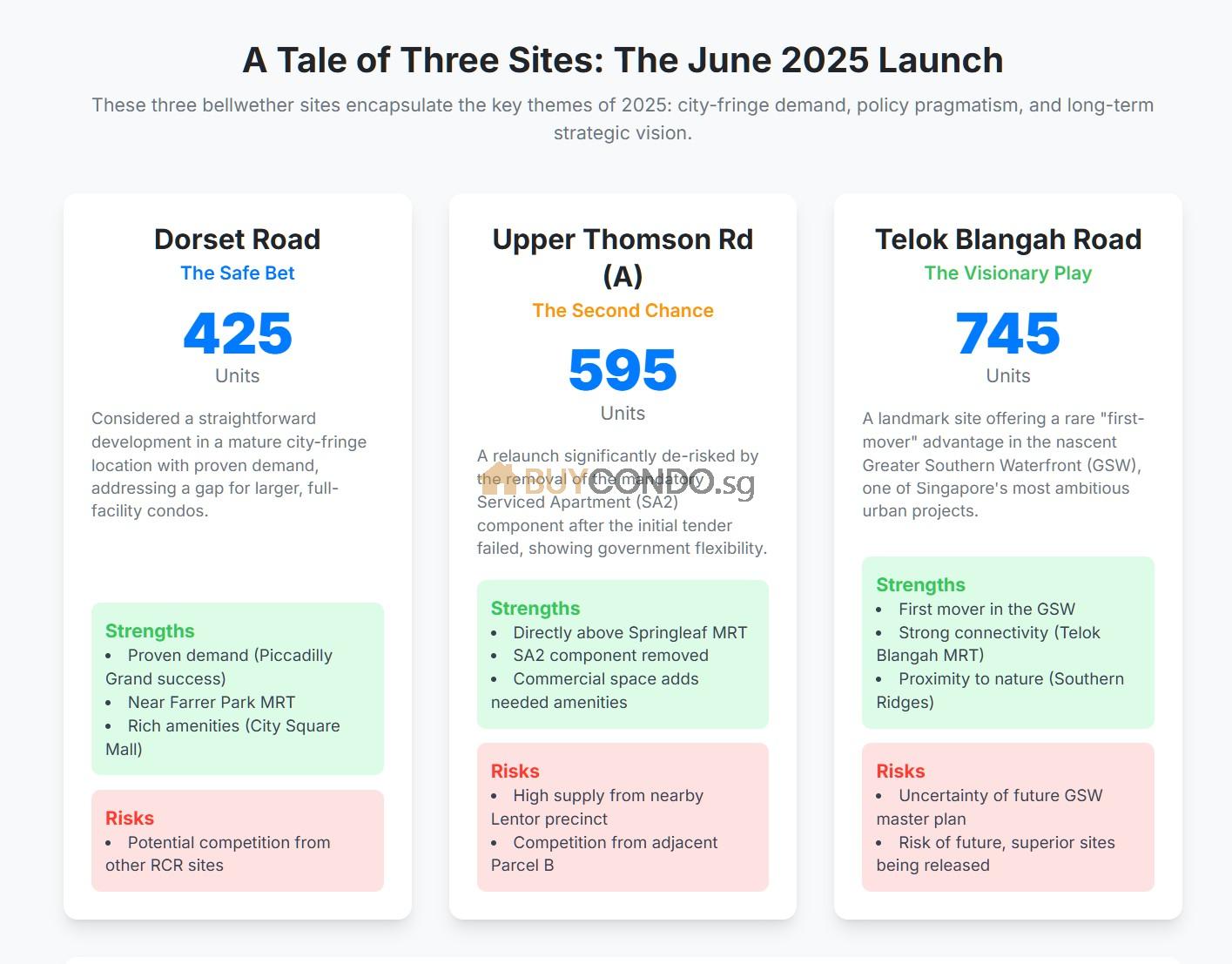Building Trust and Success: Guide for Real Estate Agents
Building strong client relationships is crucial for success in the real estate industry, as it leads to repeat business, referrals, increased income, reduced marketing costs, and an improved reputation. Effective communication, interpersonal skills, trust-building strategies, exceptional customer service, and insights are all key components of building and maintaining strong client relationships.
The Significance of Building Strong Client Relationships in Real Estate
Building trust and understanding client needs are fundamental for successful transactions in the real estate industry. When clients trust their agents, they are more likely to engage in transactions and accept advice, leading to smoother and more successful deals. Understanding client needs enables agents to tailor their services to meet specific requirements, ultimately contributing to the agent’s overall success. Therefore, the significance of building strong client relationships cannot be overstated in the real estate industry.
In addition to the benefits mentioned, long-term relationships with clients provide real estate agents with the opportunity to gather valuable feedback. By maintaining open lines of communication and engaging in regular interactions, agents can gain insights into the evolving needs and preferences of their clients. This feedback serves as a catalyst for improvement, enabling agents to adapt their services to better meet client expectations and preferences, thereby strengthening their client relationships and enhancing their overall success in the industry.
The Role of Interpersonal Skills in Client Relationships
In the realm of real estate, cultivating strong client relationships is not solely reliant on transactions and property deals; it hinges significantly on the interpersonal skills possessed by agents. Effective communication, the ability to empathize with clients, adept negotiation, and proficient problem-solving are all critical skills that pave the way for real estate agents to foster trust and build rapport with their clients. These skills are vital in establishing and maintaining meaningful connections with clients, ultimately contributing to the agent’s success in the industry.
Furthermore, building strong relationships with clients is more than just a professional courtesy; it is a strategic imperative. For instance, when a real estate agent demonstrates empathy by understanding the unique needs and preferences of their clients, it creates a profound sense of trust and reliability, ultimately enhancing the client-agent relationship and the overall success of the agent. By addressing the emotional and practical needs of clients, agents can forge connections that go beyond mere transactions, leading to enduring relationships and a loyal client base.
In addition to the fundamental interpersonal skills, real estate agents can benefit from honing their problem-solving abilities. In the fast-paced and dynamic real estate industry, challenges and obstacles are inevitable. An agent who possesses strong problem-solving skills can navigate these hurdles effectively, demonstrating resilience and adaptability to their clients. By showcasing their ability to address and resolve issues, agents build credibility and trust, which are essential for fostering enduring client relationships and securing repeat business.
Effective Communication Strategies for Real Estate Agents
Effective communication is vital for maintaining strong client relationships in the real estate industry. Real estate agents benefit from building strong client relationships by improving their communication techniques to better serve their clients and secure repeat business. For instance, when agents respond promptly to client inquiries and keep communication organized, they create an environment of trust and reliability for their clients. This proactive approach not only fosters rapport but also demonstrates the agents’ commitment to providing exceptional customer service, ultimately leading to long-term relationships and referrals.
Moreover, real estate agents can enhance their communication strategies by utilizing various channels such as email, phone calls, and in-person meetings to cater to different client preferences. By adapting to individual communication styles, agents can effectively engage with clients and address their specific needs, thereby solidifying the foundation of trust and rapport. Additionally, agents can leverage technology tools to streamline communication processes, providing clients with timely updates and relevant information, which further strengthens the client-agent relationship.
Investing in client relationships through effective communication strategies can lead to increased income, reduced marketing costs, and an improved reputation for real estate agents. By embracing diverse communication methods and maintaining a consistent feedback loop, agents can position themselves as trusted advisors, ensuring successful transactions and long-term client satisfaction. Emphasizing the importance of effective communication in maintaining strong client relationships, agents can establish themselves as reliable and approachable professionals, essential for long-term success in the real estate industry.
Strategies for Building Trust and Rapport with Clients
When it comes to real estate, building trust and rapport with clients is essential for successful transactions and long-term success. Real estate agents can leverage various strategies to achieve this, such as understanding client needs, being proactive, providing value, and staying in touch. For example, a real estate agent can demonstrate understanding of their client’s needs by actively listening to their requirements and preferences, and then tailoring their property recommendations accordingly. By being proactive in addressing client concerns and providing valuable insights into the market, agents can establish themselves as trusted advisors, further building rapport and trust with their clients.
In addition, maintaining open communication and delivering on promises are critical components of building trust and rapport with clients. For instance, responding promptly to client inquiries and keeping them informed about the progress of their transactions can instill confidence and trust in the agent’s capabilities. By consistently meeting or exceeding client expectations, real estate agents can solidify their reputation as reliable and trustworthy professionals, reinforcing the foundation of the client-agent relationship.
These strategies not only contribute to successful transactions but also lay the groundwork for repeat business and referrals. Clients who feel valued and understood are more likely to return to the same agent for future transactions and recommend their services to others, thereby contributing to the agent’s long-term success in the real estate industry. Therefore, by prioritizing the establishment of trust and rapport with clients, real estate agents can create a sustainable and thriving business built on strong, enduring relationships.
In addition to the strategies mentioned, real estate agents can further bolster trust and rapport with clients by embracing transparency and honesty in their interactions. By providing clients with transparent information about market conditions, property evaluations, and potential challenges, agents can build credibility and trust. This transparency fosters a sense of security and confidence in clients, positioning the agent as a reliable and trustworthy partner in their real estate endeavors, thus strengthening the foundation of the client-agent relationship.
Providing Exceptional Customer Service in the Real Estate Industry
Exceptional customer service is a fundamental aspect of a successful real estate agent’s career. It involves going above and beyond to meet clients’ needs and expectations, thereby fostering trust and loyalty. Building long-term relationships with clients is not just about closing a deal; it’s about providing ongoing support and guidance throughout the entire process and beyond, ultimately leading to repeat business and referrals.
For example, when a real estate agent takes the time to understand a client’s specific needs, preferences, and long-term goals, they can tailor their services to exceed expectations. This personalized approach demonstrates a commitment to exceptional customer service, laying the foundation for a lasting and mutually beneficial relationship. By going the extra mile to ensure client satisfaction, agents can differentiate themselves in a competitive market, garnering a loyal client base and a positive reputation.
Moreover, exceptional customer service extends beyond the transactional aspects of real estate. It encompasses maintaining open communication, promptly addressing inquiries, and providing regular updates to clients. By staying transparent and ensuring that clients are well-informed at every stage, real estate agents can instill confidence and peace of mind, essential for fostering strong, enduring client relationships. This level of service not only enhances the client experience but also contributes to a positive industry reputation, attracting new clients through word-of-mouth referrals.
Furthermore, real estate agents can elevate their customer service by incorporating personalized touches and thoughtful gestures into their interactions with clients. For instance, sending personalized holiday greetings, providing market insights tailored to individual client needs, and offering assistance with post-transaction needs are all ways to demonstrate a commitment to exceptional customer service. These thoughtful actions create a lasting impression on clients, strengthening the bond between the agent and the client, and ultimately leading to repeat business and referrals.
Leveraging Client Referrals and Repeat Business
Investing in strong client relationships leads to long-term benefits for real estate agents. Strong relationships often result in repeat customers and referrals, further solidifying the agent’s position in the industry and contributing to their continued success. By prioritizing client satisfaction and maintaining open communication, agents can secure reliable income and a positive reputation.
Moreover, a real-life example of leveraging client referrals and repeat business can be seen in how a real estate agent maintains strong relationships with their past clients. For instance, an agent who consistently follows up with their clients after closing a deal sends personalized holiday greetings and provides valuable market insights demonstrates a commitment to maintaining strong relationships. As a result, these clients are more likely to refer the agent to their friends, family, and colleagues, thereby creating a steady stream of referrals and repeat business.
Furthermore, by delivering exceptional customer service and staying connected with past clients, real estate agents can enjoy the benefits of repeat business and referrals. For example, an agent who goes the extra mile to assist their clients with any post-transaction needs, such as recommending reputable service providers for home maintenance or renovations, showcases a dedication to providing a holistic real estate experience. This level of service fosters lasting relationships, leading to repeat business and referrals, which are vital for long-term success in the real estate industry.
In addition to the strategies mentioned, real estate agents can further maximize the potential of client referrals through strategic networking and community engagement. By actively participating in local events, engaging with community organizations, and building a strong professional network, agents can increase their visibility and attract potential referrals. Furthermore, by fostering partnerships with other professionals in related fields, such as mortgage brokers, home inspectors, and interior designers, agents can expand their referral network, creating opportunities for new business and sustained growth.
Insights from Real Estate Agent Courses on Relationship Management
Real estate agent courses offer valuable insights into relationship management and client satisfaction. These courses provide industry-specific training and guidance on building strong client relationships, ultimately preparing agents for successful and fulfilling careers in real estate. For example, these courses often include modules on effective communication, negotiation techniques, and understanding client needs, which are essential components of relationship management in the real estate industry. By learning these skills, real estate agents can improve their ability to connect with clients, understand their requirements, and provide tailored solutions to meet their needs, ultimately leading to more successful transactions and satisfied customers.
Institutions like Real Centre Network offer quality real estate agent courses taught by experienced trainers, equipping agents with the necessary skills for effective relationship management and client satisfaction. These courses not only focus on the technical aspects of real estate transactions but also emphasize the importance of interpersonal skills and customer service. Through case studies, role-playing exercises, and real-world scenarios, agents can gain practical insights into managing client relationships and providing exceptional service. By implementing the strategies and techniques learned in these courses, real estate agents can build trust, rapport, and lasting relationships with their clients, which are crucial for long-term success in the industry.
Furthermore, real estate agent courses can provide agents with valuable industry knowledge and market insights that are essential for understanding client needs and preferences. By staying informed about market trends, legal regulations, and economic factors impacting the real estate industry, agents can position themselves as knowledgeable and reliable advisors to their clients. This depth of understanding not only enriches the client-agent relationship but also contributes to the overall success and professionalism of the agent in the industry.
The Foundation of Trust in Client-Agency Relationships
Trust is undeniably the bedrock of every client-agency relationship in the real estate industry. Real estate agents need to prioritize establishing trust with their clients to ensure successful transactions and long-term associations. This trust is built on transparency, which involves providing honest feedback, maintaining open communication, and following through on promises.
For example, when a real estate agent consistently provides accurate and timely information to their clients, it fosters a sense of transparency and reliability. This can lead to clients feeling more secure and confident in their decision-making process, ultimately strengthening the trust between the agent and the client. By upholding high ethical standards and demonstrating integrity in their dealings, agents can cultivate an environment of trust and confidence, which is essential for nurturing enduring client relationships and securing repeat business.
Moreover, honest feedback plays a crucial role in building trust. When agents are transparent about the market conditions, property evaluations, and potential challenges, clients are more likely to trust their expertise. This level of openness and honesty contributes to a solid foundation of trust, which is vital for nurturing enduring relationships in the real estate industry. By prioritizing transparency and ethical conduct, agents can differentiate themselves as trustworthy professionals, fostering long-term relationships and securing their position in the industry.
In addition to transparency, real estate agents can further reinforce trust in client-agency relationships by prioritizing effective conflict resolution and problem-solving. By demonstrating their ability to address challenges and resolve disputes in a fair and transparent manner, agents can build credibility and confidence with their clients, thereby strengthening the foundation of trust in the relationship. This proactive approach to conflict resolution not only mitigates potential issues but also showcases the agent’s commitment to prioritizing client satisfaction and fostering enduring relationships.
Conclusion : Building Trust And Success: Guide For Real Estate Agents
In conclusion, building strong client relationships and providing exceptional customer service are essential for the success of real estate agents. By investing in nurturing long-term associations with clients, agents can secure repeat business, referrals, and a positive industry reputation. The significance of trust, effective communication, and rapport building cannot be overstated. Real estate agents who prioritize these elements are better positioned to understand their clients’ needs, resulting in successful transactions and satisfied customers. Therefore, by consistently providing exceptional customer service, staying transparent, and nurturing long-term relationships, real estate agents can solidify their position in the market and distinguish themselves as trusted professionals. Through continuous dedication to relationship management and client satisfaction, real estate agents can forge enduring connections, foster loyalty, and thrive in the competitive real estate industry.
















